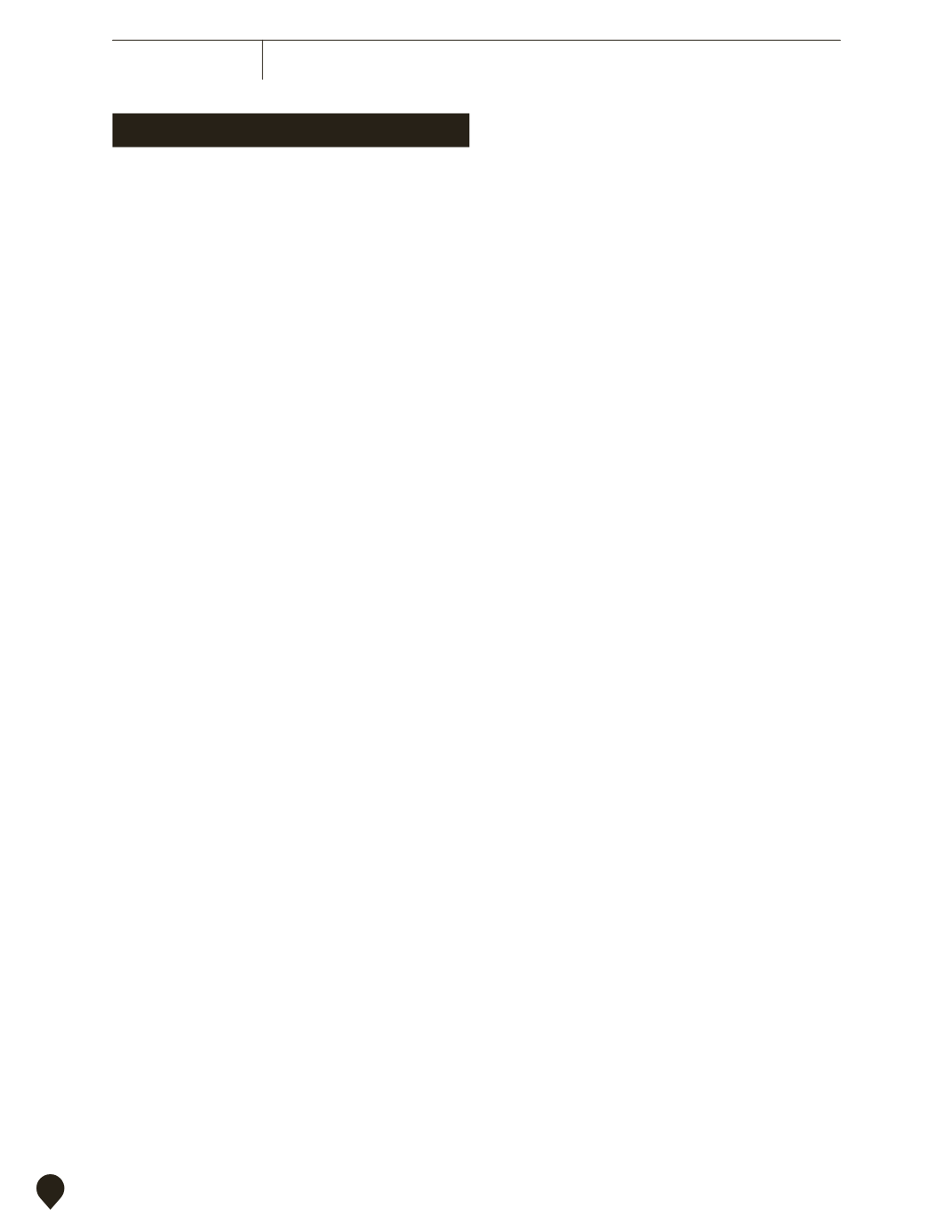

CAREER GUIDE 2016–2017
CLEMSON UNIVERSITY
58
THE SITE VISIT/SECOND INTERVIEW: ONE STEP CLOSER
ON-SITE VISIT: NOT THE SAME AS THE CAMPUS
INTERVIEW
Your on-campus interview went great! You were prepared, you
looked good, and your résumé was proof that you were highly
qualified for the position. And the good thing is, the company
recognized this and they have invited you for a site visit. This
job is yours to have, right? Wrong. In reality, you were one of the
15% of candidates chosen because you fit their minimum list of
requirements. Now, it is a whole new ballgame! The company’s
expectations have taken a turn and they are now in search of
the very best candidate for the position out of the short list of
possibilities of which you are a part.
You have made it through the first round by presenting your
ability to do, or learn, the position available. Now, it is a more
thorough process and the company is looking to see if the first
impression you gave was valid. You will want to be even more
prepared for this next set of interviews, as the process begins
to get deeper.
PRACTICE, PRACTICE, PRACTICE
If your first interview came during a job fair, it probably
only lasted about five minutes. Visiting with a company’s
representatives on campus could last about twenty-five minutes.
You may have gotten by these first two rounds with little or no
preparation but your on-site visit is different. Your site visit/
interview could take two days and may consist of individual and/
or group interviews. Preparation is the key.
Actual mock interviews get you the most prepared for the real
thing. Get involved; attend job fairs and career days. Being
outgoing and speaking with company representatives will not
only sharpen your skills, but it will build your confidence as well.
Expect the typical questions about yourself: “Tell me about
yourself.” “Tell me your strengths and weaknesses.” “Do you
prefer to work alone, or in a team setting?” “Where do you see
yourself in five years, ten years?” Practice answering these
questions with confidence. After all, no one can talk about
you better than you can.
Questions about specific situations will probably arise. Do not
speculate on how you would perform, rather be ready to tell how
you actually did perform under those circumstances. “By doing
this, and this, and this, I solved this problem, and got these
results.”
Prepare one or two questions for you to ask at the conclusion
of the interview. These should be questions appropriate to the
person you have been speaking with and should not be simple
questions that can be answered on the company’s website.
For example, ask about the organizational structure or human
resources policy matters.
ANALYSIS AND AGENDAS
Your company contact person and travel arrangements should
be in your invitation letter. Some companies make flight
arrangements in advance, providing you a ticket to be picked up
at the airport. In some situations, you may have to purchase your
ticket and then file for a reimbursement.
Your hotel bill may be paid for prior to your arrival. Be
considerate of this and do not do things such as charge
personal calls to the room, order pay-per-view movies, indulge
in the mini bar, etc. Keep records of any out-of-pocket expenses,
keep receipts and document the mileage on your personal car.
It is acceptable to request from the potential employer an
itinerary and a list of things to bring ranging from dress to
college transcripts.
It is advised that you drive by the company or interview site the
evening before. By doing this, you will feel more comfortable
about the route and will know the exact time you need to allot
for travel. You will want to allow extra time the morning of the
interview in case of traffic, road construction or some other
circumstance out of your control.
BECAUSE YOU NEVER GET A SECOND CHANCE
TO MAKE A FIRST IMPRESSION
A corporate interviewer should have a conservative first
impression of you from your dress to your speech. The basic
business suit is suggested unless told otherwise. Laying out
your clothes the night before will give you one less thing to worry
about the morning of the interview.
Have several copies of your résumé in a padfolio you carry. Do
not carry backpacks and make sure all cell phones are turned
off.
It is proper to arrive thirty minutes early but do not check in with
the receptionist until ten minutes before your visit is scheduled
to start. Remember, from the time you check in until you leave,
you are being evaluated. Be respectful to everyone you speak
with from the gatekeeper to the CEO. Address people with “Ms.”
or “Mr.” until otherwise told.
















